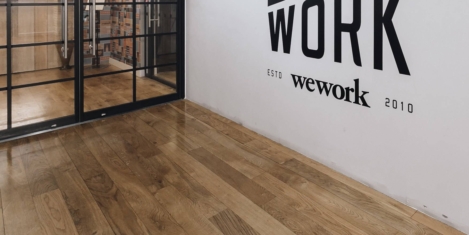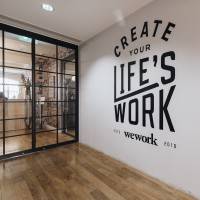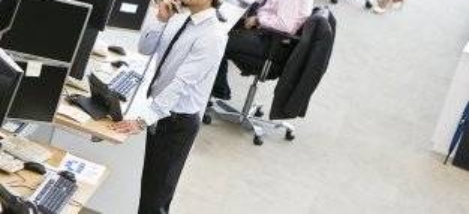September 16, 2015
Employees exhausted by a culture of continuous change at work 0
 A culture of continuous change may be standard practice within larger organisations, but it can have a negative effect on employees, a new report claims. The seven-country Liquid Change Survey of senior executives at large corporations, commissioned by Ketchum Change, found that some leaders are unaware of the effects of so-called change fatigue, despite their employees struggle to keep up. Among partners and board-level executives, only 28 percent think change fatigue is highly prevalent. The survey suggests that to succeed in an environment of continuous change, a more collaborative approach must replace the old top-downmodel. Outlining a clear strategy and goals (43 percent) and engaging with leaders across the organization to co-create the new environment (41 percent) were cited as the most effective ways to get leaders to believe in and actively lead through change.
A culture of continuous change may be standard practice within larger organisations, but it can have a negative effect on employees, a new report claims. The seven-country Liquid Change Survey of senior executives at large corporations, commissioned by Ketchum Change, found that some leaders are unaware of the effects of so-called change fatigue, despite their employees struggle to keep up. Among partners and board-level executives, only 28 percent think change fatigue is highly prevalent. The survey suggests that to succeed in an environment of continuous change, a more collaborative approach must replace the old top-downmodel. Outlining a clear strategy and goals (43 percent) and engaging with leaders across the organization to co-create the new environment (41 percent) were cited as the most effective ways to get leaders to believe in and actively lead through change.












































September 21, 2015
Five essential office design trends to look for in the near future 0
by Tom Brialey • Comment, Facilities management, Flexible working, Workplace design
More →